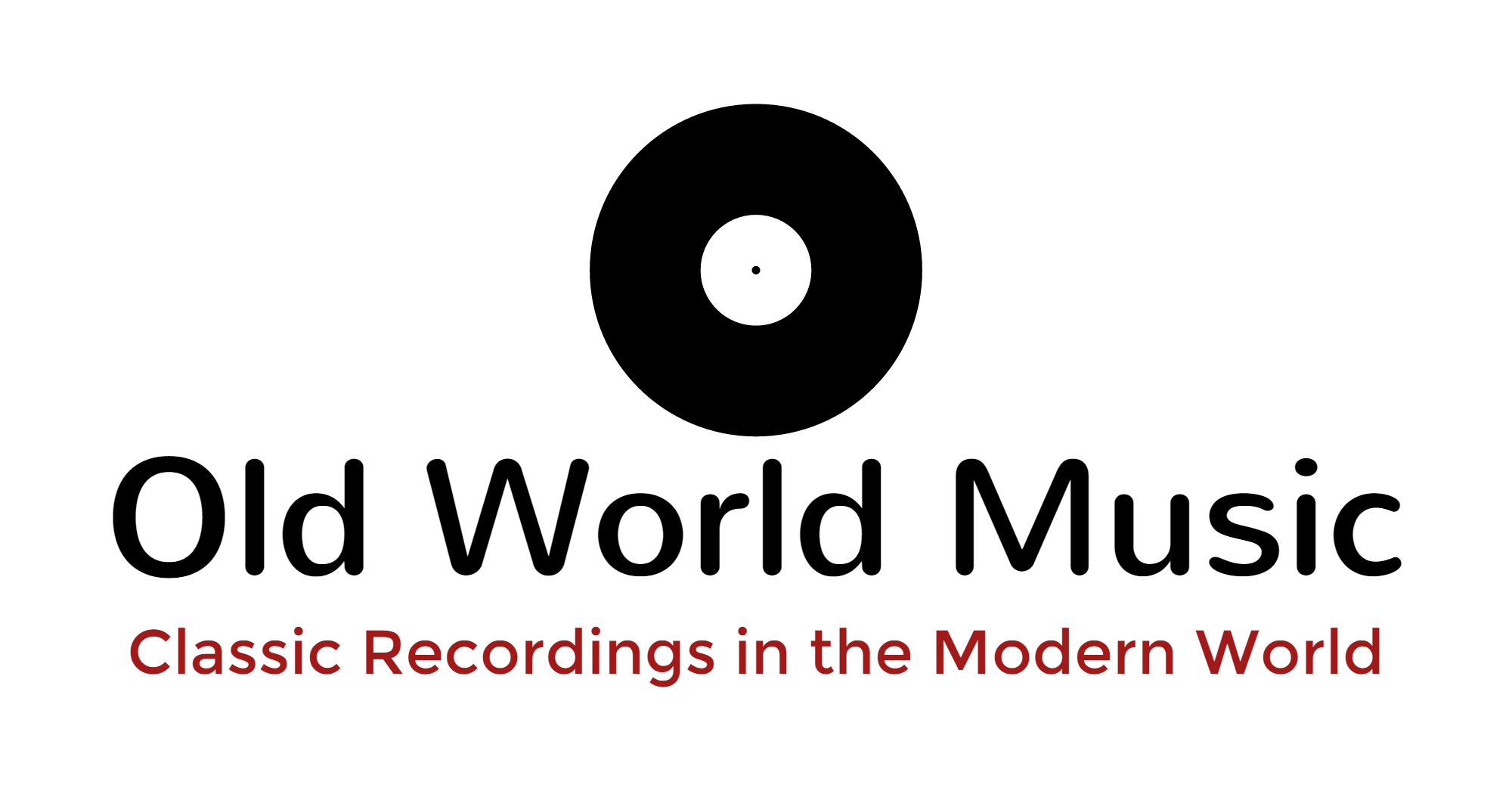Copyright #$%!?
The mission of Old World Music is to bring the best old recordings, typically out of circulation for decades, to a new audience. But what about copyright? Who owns these recordings and this music?
It depends. Copyright law varies by jurisdiction, and ownership of older recordings is not always clear. In many countries, copyright on recordings runs for fifty years after the recording date, after which the recording enters the public domain. The European Union recently extended recording copyright to 70 years. Copyright of musical composition and lyrics typically extends for fifty years after the death of the composer or author. In the United States, no recording is in the public domain by virtue of its age alone, but the Music Modernization Act (MMA- 2018) means that recordings prior to 1923 will enter the public domain from January 2022, then recordings prior to 1924 the following year, and so on. “Musical works”- compositions and lyrics- published in the U.S. pre-1925 are in the public domain, with a new year entering the public domain annually.
Many old recordings have been reissued on CD, often without explicit permission from copyright holders. Lack of permission tends to characterize reissues of music seen as less commercially viable and primarily of interest to specialists. Ownership of such recordings may be unclear or the owner sees no financial potential. Many old ethnic recordings, for example, were made by major record labels now owned by large corporations, but such recordings play no part in contemporary sales strategy. The burden of CD production and distribution make reissue efforts wary of the cost of determining and securing formal permissions. So long as sales are small, most reissue efforts have been able to operate unhindered. The irony is that many reissues position old recordings as vital to our cultural heritage and worthy of much greater awareness. There is a vicious circle of copyright uncertainty, big claims and modest sales.
This musical wealth is within our grasp as never before, but most people have no idea this legacy exists or where to start. This music, these artists, this cultural treasure house deserve better. The MMA will gradually resolve the copyright issue, but it will still take many years to reach the end of the 78 rpm era.
Old World Music takes a different approach. By focusing on individual recordings rather than entire albums, we are convinced there is a wider audience for this music. We believe there are many people curious about music from other cultures but for whom the standard CD reissue is too specialized and obscure. We search out the finest old recordings from all over the world, valuing quality over quantity, and concentrating on those recordings that cross the chasm between the past and the present.
These recordings won't appeal to everyone. We're trying to go from something like 0.01% market attention today to 1%- that's 100 times bigger! You never know, maybe we'll do the impossible and hit 2% or even 3%!?
We are serious about the cultural significance of these old recordings. By focusing on outstanding individual tracks, we can break through to a new era of awareness, appreciation and inspiration.







